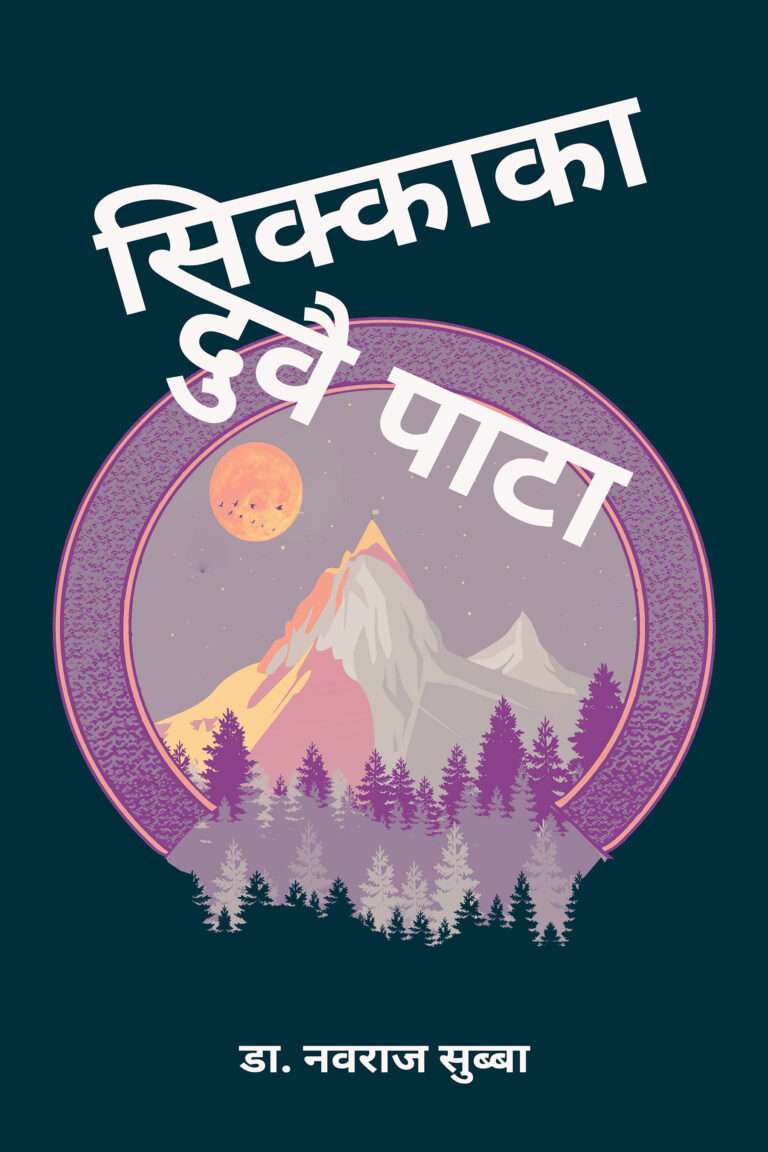Genealogy-Research
Genealogy-phyang-samba
Genealogy-phyang-samba
Dr. Nawa Raj Subba Introduction A teacher is one who often teaches classes. The Guru, a public health expert, is the one who increases self-esteem when walking the path of life with the meaning given. A Guru manifests ideals and the truth of life in the lifestyle he follows. Therefore, in defining a guru, I…
Dr. Nawa Raj Subba (Dr. Nawa Raj Subba’s article highlights the role of the Martyrs-of-Nepal. According to the essay, Martyrs have altered the course of the country’s history. The information comes from his newly released book, ‘Both Sides of Coins.’) We have not easily gotten the freedom, civil rights, and rights that we have today….

डा. नवराज सुब्बा परिचय डा. नवराज सुब्बा a-writer-in-Nepal द्वारा लिखित लेख सिक्काका दुवै पाटा पुस्तकबाट लिइएको छ । आशा छ, पाठकलाई यो लेख उपयोगी तथा जाकारीमूलक हुनेछ । आफ्ना प्रतिकृया दिएर लेखकलाई सहयोग गरिदिनुहोला । पृष्ठभूमि हामीलाई कस्तो खुशी चाहिन्छ? पहिले खुशी के हो चर्चा गरौँ । मानिसले सबैभन्दा बढी चाहेको कुरा के हो भनेर…
Introduction The author of “Self-Reflection at the Moment,” a new anthology of poems, is a Nepali-writers-in-English. In the foreword, he offered a comment about poetry and creation. These texts express many emotions. Poetry is a form of communication with the soul Dr Nawa Raj Subba. Poetry is something that will not die no matter how…
डा. नवराज सुब्बा । जति लेखे पनि धीत नमर्ने चीज रहेछ कविता । ६ थान काव्यसङ्ग्रहमा सबै कुरा निथ्रियो होला भन्ठानेर जति परपर हुन खोजे पनि कविताले मलाई नछोडे पछि पुनः सातौं काव्यलाई मालामा उन्दैछु । भावनाका फूल मनमा झुल्दै गर्दा अब अरूतिरै लागौं भनेर आफूलाई निकै सम्झाएँ । कवितामा अब आउने रचना मेरा पुनरावृत्ति…
Dr. Nawa Raj Subba. An object created by a person using his knowledge, wisdom, and art is called intellectual property. The creations produced in literature, music, art, prose, poetry, drama, and music are intellectual property. For example, writers’ stories, poems, and plays are their intellectual property. Likewise, any song is the intellectual property of the…